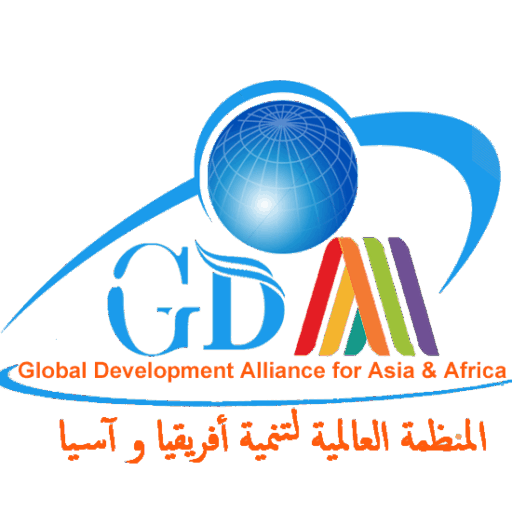[vc_row css= ».vc_custom_1450677977665{margin-bottom: 0px !important;} »][vc_column][rev_slider_vc alias= »fullscreen-main-slider »][stm_image_carousel grayscale= »yes » h_centered= »yes » img_size= »350×130″ style= »style_2″ autoplay= »yes » timeout= »1000″ loop= »yes » smart_speed= »2500″ items= »7″ images= »2961,2341,1714,1712,2579,2581,2590,2594,2608,2611,2621″ el_class= »no_paddings » custom_links= »#E-8_aHR0cCUzQSUyRiUyRnd3dy5jZXBleC5uYXQudG4lMkYlMkN3d3cudHVuaXNhaXIuY29tJTJGJTJDZW5nbGlzaC5uY2VwdS5lZHUuY24lMkYlMkN3d3cuYWlyZnJhbmNlLnRuJTJDZW4udGpwdS5lZHUuY24lMkYlMkNodHRwJTNBJTJGJTJGc3VwdGVjaC50biUyRiUyQ2h0dHAlM0ElMkYlMkZlbi50anB1LmVkdS5jbiUyRiUyQ2h0dHAlM0ElMkYlMkZ3d3cudGptYy5lZHUuY24lMkYlMkMlMkNodHRwJTNBJTJGJTJGZ2RhYWEub3JnJTJGJTJDaHR0cCUzQSUyRiUyRnR1bmlzaWF1bml2ZXJzaXR5LmNvbSUyRiUyQw== »][vc_column_text][/vc_column_text][/vc_column][/vc_row][vc_row][vc_column width= »2/3″][vc_column_text css= » »]

Summary note – Presentation of the GDAAA
(Global Development Alliance for Asia & Africa)
1. Vision and Mission
The Global Development Alliance for Asia & Africa (GDAAA) is an international platform for South-South cooperation, focusing on skills development, education, innovation, culture, and sustainable partnerships between the Asian and African regions.
Its mission is to promote equitable and sustainable development, based on the exchange of knowledge, co -innovation and the creation of inclusive socio-economic opportunities on an intercontinental scale.
2. Strategic Objectives
- Strengthening human and institutional capacities through training, research and academic exchanges.
- Promote intercontinental synergies through integrated development projects (education, culture, local development, entrepreneurship).
- Support the implementation of the Sustainable Development Goals (SDGs) through concrete initiatives in African and Asian territories.
- Create a space for dialogue, solidarity and operational cooperation between public, private and academic stakeholders.
3. Organizational Mode
The GDAAA is structured as a multipolar and collaborative alliance , based on a decentralized model with shared governance.
It operates around geographic and thematic poles , led by local and regional coordination, in permanent contact with the International General Secretariat .
Main organs:
- Board of Directors
- General Secretariat (overall coordination)
- Executive Office
- Asia & Africa Regional Committees
- International Scientific and Academic Council
- Committee on Partnerships and International Cooperation
- Cross-functional project units (SDGs, youth, innovation, entrepreneurship, culture, etc.)
Operating procedures:
- Principle of co -construction of programs by members
- Regular meetings (virtual and physical) between the hubs and governance bodies
- Digital platform for coordination, monitoring and evaluation, and capitalization of actions
- Charter of ethical, inclusive and respectful governance of regional diversity
4. Types of Members and Actors of the GDAAA
The GDAAA is structured as an interdisciplinary and intercontinental alliance, open to a diversity of profiles engaged in sustainable development, innovation, education, and international cooperation. Its members and affiliated stakeholders are as follows:
- Institutional Members
- Partner Universities and Institutes : higher education establishments engaged in joint programs, applied research and student exchanges.
- NGOs and Foundations : partners in local, community and international development.
- Contributing Companies : economic actors supporting programs through partnerships, sponsorship, or technical and financial contributions.
- Academic and Professional Members
- Teacher-Researchers : involved in the production of knowledge, project management or publications.
- Volunteer Consultants and Experts : specialized professionals (development, technology, health, finance, climate, governance, etc.) contributing voluntarily to project expertise.
- Academic Contributors : content authors, associated researchers or trainers involved in the programs.
- GDAAA Academy Club facilitators : local or regional supervisors of student clubs at partner universities.
- Individual and Community Members
- Students : active members of mobility, innovation, or training programs, involved in GDAAA Academy Club projects .
- GDAAA Ambassadors : Volunteer representatives of the alliance in their country, region or institution, responsible for promoting the vision of the GDAAA.
- Members of the GDAAA International Family : students, young professionals, host families or alumni engaged in intercultural and solidarity exchanges.
- Governing Bodies
- Members of the Executive Board : designated officials responsible for the operational, strategic and institutional direction of the GDAAA.
Directors : Members of the Board of Directors providing oversight of the mission, partnerships, ethics and compliance.
5. Activities and Programs
- University and scientific exchange programs
- Intercontinental cultural and artistic meetings
- Incubation of projects for youth employment
- Educational projects for rural and marginalized areas
- Cooperation Forum (annual)
- Economic and diplomatic missions
6. GDAAA Academy Club
The GDAAA Academy Club is a network integrated into partner universities in Africa and Asia. It offers students and researchers a co -creation space for:
- Organize cultural, scientific and development projects.
- Participate in cross-functional training and innovation forums.
- Actively engage in achieving the Sustainable Development Goals (SDGs).
- Sustainable Development
The GDAAA implements initiatives focused on:
- Preserving biodiversity.
- Environmental education.
- Supporting local communities for equitable development.
- International Mobility
The GDAAA facilitates academic and professional mobility through:
- University exchange programs.
- International internships, particularly in China.
- Support services for students (international cards, accommodation, support contracts) ( gdaaa.org )
- Economic Intelligence and Mobility
This program aims to:
- Training young people in the challenges of economic intelligence.
- Promote professional integration internationally.
- Supporting entrepreneurship and innovation in strategic sectors.
- Becoming an International Family
The GDAAA encourages the creation of strong intercultural links by:
- Promoting international volunteering.
- Facilitating the integration of students into local communities.
- Offering welcome and support programs for newcomers.
- Health, Wellness and Technology
The GDAAA develops initiatives to:
- Promote mental and physical health.
- Integrating innovative technologies into healthcare.
- Organize conferences and workshops on traditional and modern medicine.
7. Partnerships and Network
The GDAAA collaborates with:
- universities and academic institutions (including SUPTECH Tunisia, IDHP Paris, partners in India, Indonesia, China, Morocco, Nigeria, etc.)
- NGOs, local development associations and diaspora actors
- regional cooperation agencies, development funds and multilateral institutions
7.1. Partnerships, Network and Cooperation
The Global Development Alliance for Asia & Africa (GDAAA) is part of a global dynamic of inclusive cooperation , with strong priority given to:
South-South & South-North cooperation in particular:
- Inter-university exchanges and co -development of academic programs
- Joint projects in the fields of sustainable agriculture, health, education, digital technology and culture
- Support for the emergence of entrepreneurial initiatives led by young people
- Organization of intercontinental cultural and scientific events
- Open innovation and social experimentation platforms
To South-North cooperation , in a logic of international solidarity and co-responsibility:
- Strategic partnerships with advanced European, North American and Asian universities and research centers
- Mobilization of technical and scientific expertise to support capacity building programs in Africa and Asia
- Equitable access to innovation, technology transfer and sustainable financing
- Global dialogue around the Sustainable Development Goals (SDGs), with active involvement of Northern partners
Integrated academic and associative network:
- Partner universities: SUPTECH International, IDHP Paris, RUSTA, partners in China, India, Indonesia, Morocco, Nigeria, etc.
- Deployment of the GDAAA ACADEMY CLUB in partner universities for:
- Promoting the values of Asia-Africa cooperation
- Lead student projects related to the SDGs
- Create spaces for intercontinental creativity and collective intelligence
- Collaborations with NGOs, development agencies and African and Asian diaspora networks
8. Alignment with ECOSOC objectives
The GDAAA fully supports the missions of ECOSOC in the following areas:
- Sustainable and equitable development
- Education and training for all
- Public-private partnerships for social progress
- Promoting equality, innovation and interregional cooperation
9. Funding
- Annual contributions from member institutions.
- Partnerships with international donors .
- Co-financing by projects (mobility, scholarships, innovation).
- Funds dedicated to university diplomacy
10. Performance indicators
| Indicator | Annual target |
| Number of students and teachers on mobility | 100 in pilot phase |
| Number of partner universities | 50 members in 2 years |
| Co-financed projects in priority sectors | 10 projects |
| Number of scholarships awarded | 50 scholarships/year |
| Number of publications or joint works | 50/year |
Here is the updated « Projects and Studies in Progress » section to be included in the GDAAA (Global Development Alliance for Asia & Africa ) briefing note for the UN ECOSOC Office:
-
Current Projects and Studies
The GDAAA is actively developing several strategic projects and studies on an African and intercontinental scale, in partnership with scientific institutions, government agencies, research centers and civil society actors:
- “Cancer ZERO” Program – Africa
- Partner: Dr. Ben Ali and network of specialist doctors.
- Objective: To mobilize medical innovation, prevention, community education and new technologies to drastically reduce the incidence of cancers in Africa.
- Approach: Multidisciplinary (public health, data, biotechnology, training).
- Second Conference of African Health Decision-Makers
- Location: Currently being planned for 2025.
- Targets: Ministries of Health, African regional organizations, international experts.
- Objectives: Co-construction of health policies integrating digitalization, equitable access to care, and African pharmaceutical sovereignty.
Clustering Study for Biodiversity – ICCN, DRC
- Partner: ICCN (Congolese Institute for Nature Conservation).
- Subject: Development of a nature-biodiversity-sustainable development cluster model for the province of Kongo-Central.
- Areas of focus: Conservation, sustainable tourism, scientific partnerships, community development.
- Pre-feasibility study of the Kinshasa Technopark
- Partner: Digital Development Agency (ADN), DRC.
- Mission: Carry out a study to establish a technology hub in Kinshasa intended to:
- Digital innovation,
- Digital inclusion of young people,
- Strengthening the African tech ecosystem .
11. Institutional contact
General Secretariat of GDAAA
Address: El Ghazala Ariana Technology Center, Tunis
Email: gdaaa@sup.tn
Website: www.gdaaa.org
[/vc_column_text][/vc_column][vc_column width= »1/3″][vc_column_text css= » »]
 [/vc_column_text][vc_column_text]
[/vc_column_text][vc_column_text]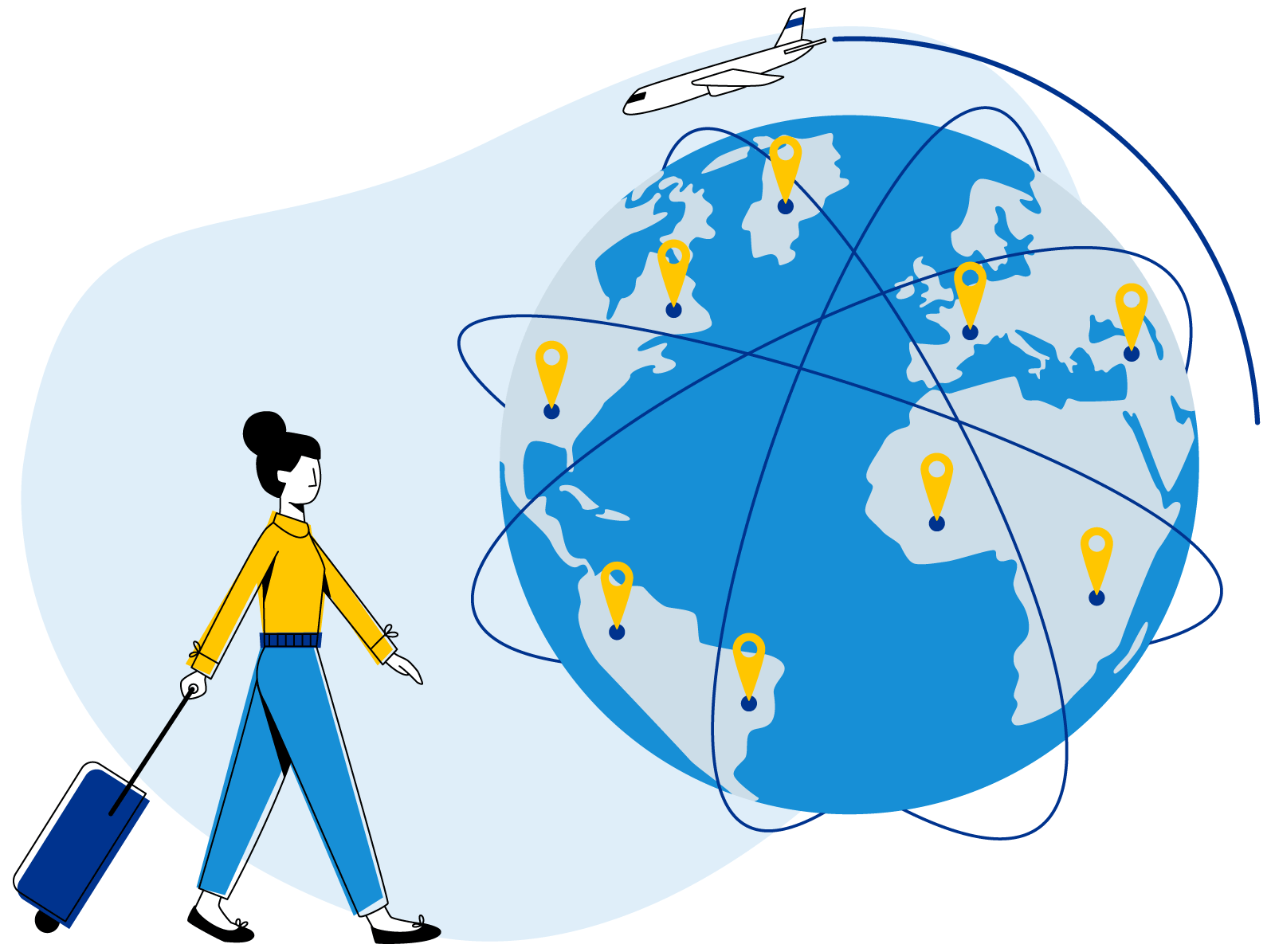 [/vc_column_text][vc_column_text]
[/vc_column_text][vc_column_text] [/vc_column_text][vc_column_text css= » »]
[/vc_column_text][vc_column_text css= » »]
[/vc_column_text][vc_column_text css= » »]
CLUSTER
 [/vc_column_text][vc_column_text css= » »]
[/vc_column_text][vc_column_text css= » »]
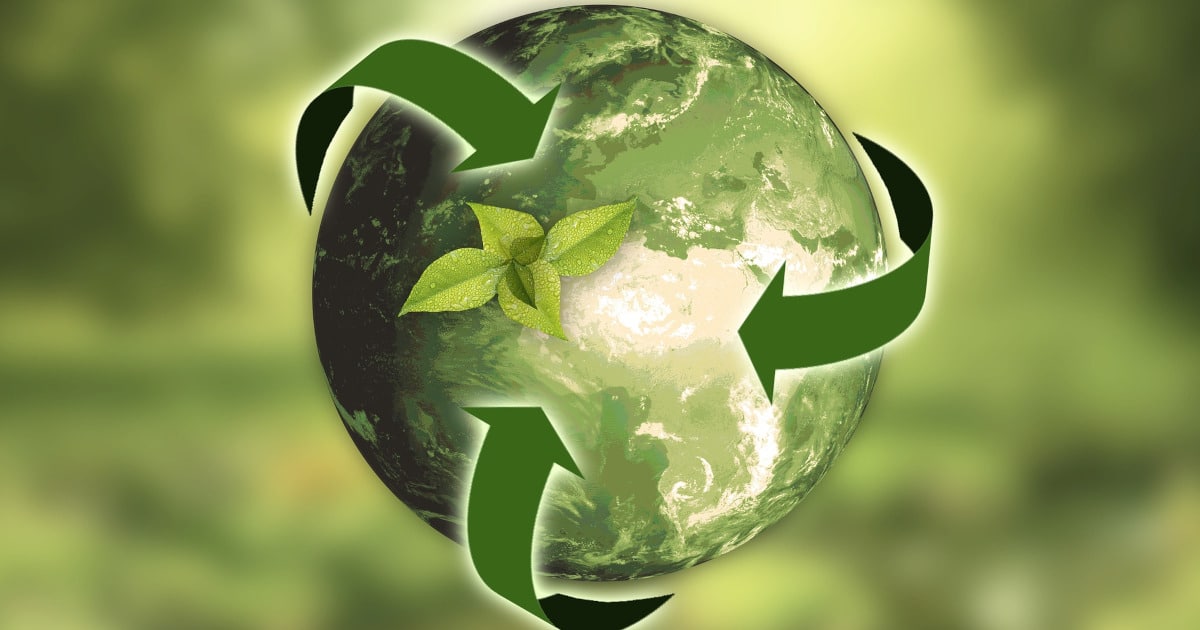 [/vc_column_text][vc_column_text css= » »]
[/vc_column_text][vc_column_text css= » »].[/vc_column_text][vc_column_text css= » »]
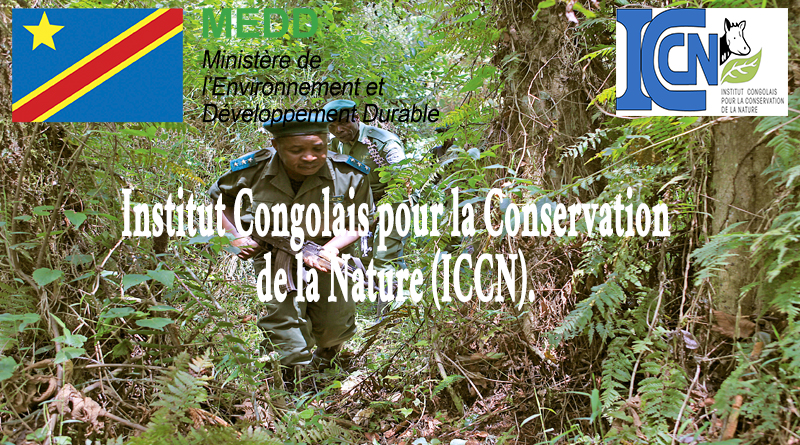 .[/vc_column_text][vc_column_text css= » »]
.[/vc_column_text][vc_column_text css= » »]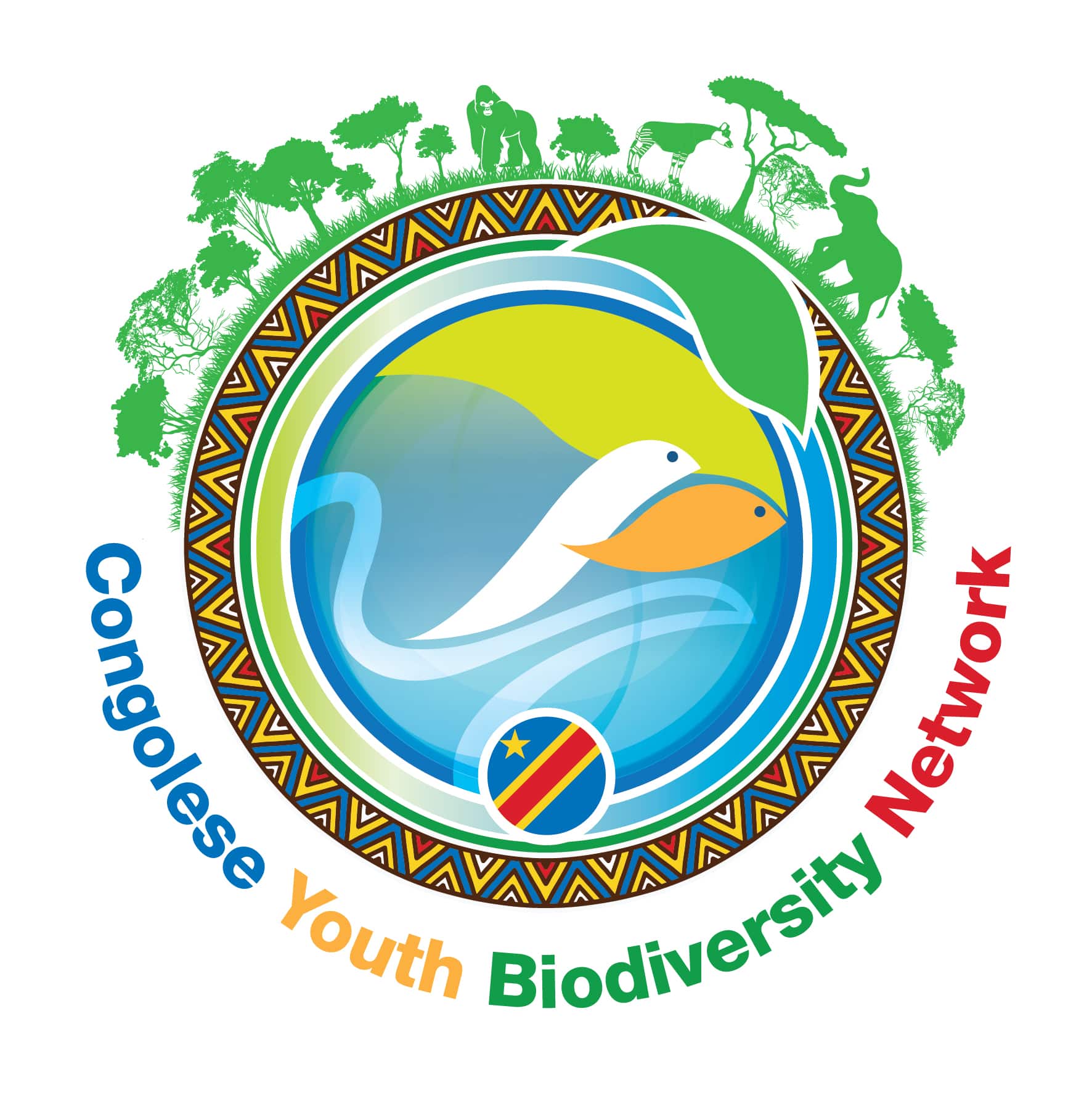 .[/vc_column_text][vc_column_text css= » »]
.[/vc_column_text][vc_column_text css= » »].[/vc_column_text][vc_column_text css= » »]
[/vc_column_text][vc_column_text css= » »]
 [/vc_column_text][vc_column_text css= » »]
[/vc_column_text][vc_column_text css= » »]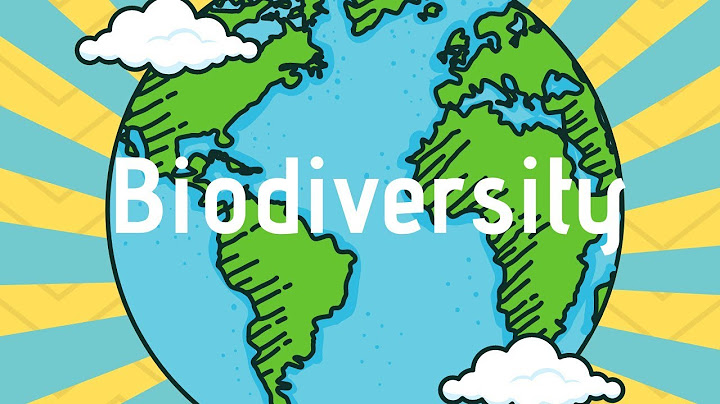 [/vc_column_text][/vc_column][/vc_row][vc_row][vc_column][vc_column_text]
[/vc_column_text][/vc_column][/vc_row][vc_row][vc_column][vc_column_text] [/vc_column_text][/vc_column][/vc_row]
[/vc_column_text][/vc_column][/vc_row]
